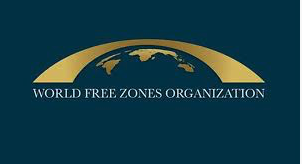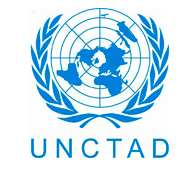Tempo de leitura: 3 minutos
Free zones are designed to attracforeign direct investment, to support knowledgetransfer, to generateemployment and to drive upgrades in the hosteconomy, mostlythrough export stimulus. The net economic contribution of free zones has been a matterof debate, primarily due to a lack of measurable data that could be compared acrossregions and industries.
Several countries across the globe are considering closing someof their free zonesout of concern that their contribution to the domestic economy may nothave been significant enough. In other words, free zones are supposed to create valuefor the governments that build them. It is more crucial than ever that a free zone generatethis value in order to justify its existence.
Offering looser environmental regulation in free zones is no longera viable solution. The17 UN Sustainable Development Goals have become a standard to track environmentalimpact in global ventures. Businesses now use their green development strategies asmarketing hooks of credibility to lure customers and clients. Infrastructure,policies andprocesses in free zones must now incorporate a sustainable component to be trulycompetitive on the worldstage, and allow their client companies to do so too.
Thisrequires either adaptation or redirection when developing and managing free zones.Theright approach to sustainability will generate solid, long-term value for the host economy.Patterns of internationalproductionand globalvalue chains are changing. UNCTAD’slatest World Investment Report cites rising protectionismand shifting trade preferencesas reasons to prompt international cooperationon free zone development to face thischallenge.
This should give rise to more regional and cross-border zones, which in turn signals a shift towards international collaboration between governments to generate valuein free zones.The public and private sector can both benefit from free zones as they create value together. Governmentshave handed over the development, operation, and sometimesownership of free zones to private companies to either mitigate costs or simplifyadministration.
To be successful, public and private sectors must listen to each other andfind common ground to build the right blend of infrastructure, regulation and incentivesthat will unlock synergies and invite the kind of investment that free zones are meant toattract.To better help free zone operators, authorities,government officials and privatecompanies work together to create value in free zones, we have identified five areas toaddress during our annual conference. As we expandour reach through our regionaloffices, our digital tools, and our metrics solutions, these panels will provide a productiveand important bridge between the different elements of success in new and existing freezone environments.






Os comentários foram encerrados, mas trackbacks e pingbacks estão abertos.